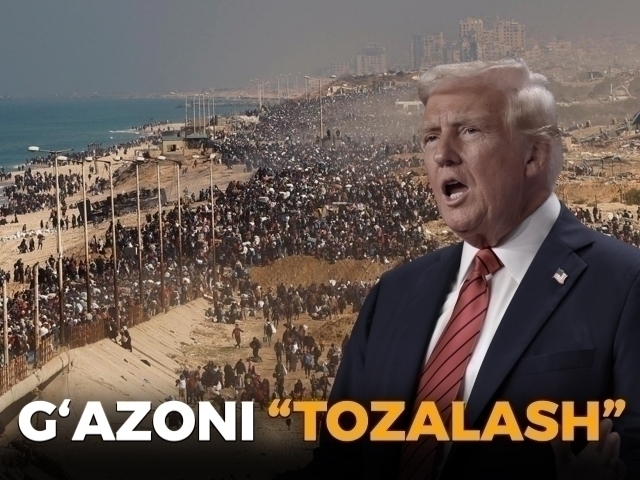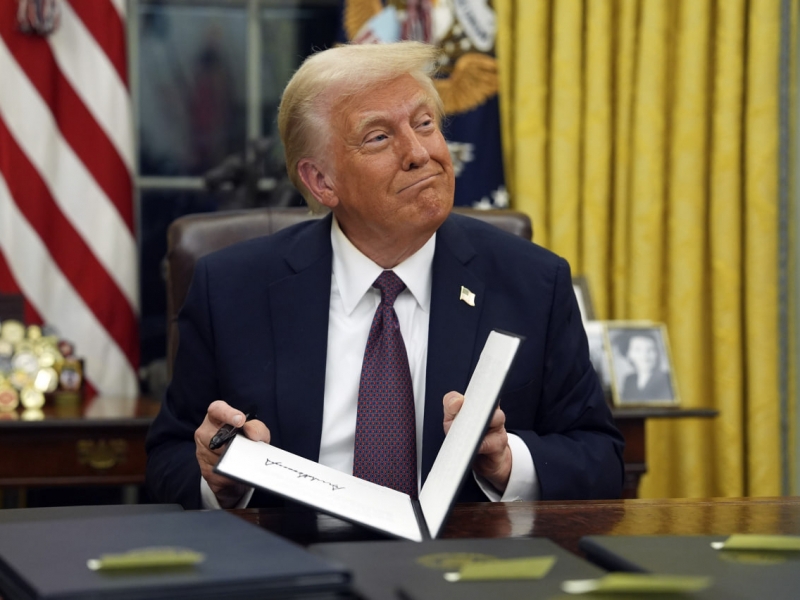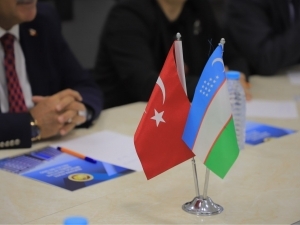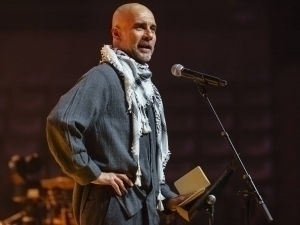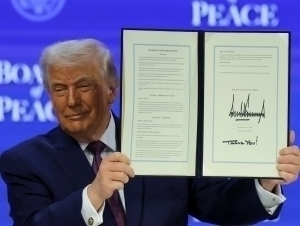Trump wants to “cleanse” Gaza: What does this mean for the Middle East?
Review
−
28 January 2025 10004 8 minutes
U.S. President Donald Trump has once again suggested relocating Palestinians from Gaza to neighboring countries. During an interview aboard Air Force One on January 27, he discussed the idea, emphasizing his vision for a safer and more stable future for the region.
"I want them to live in a place where they can live without chaos and violence," Trump said.
When asked for clarification, the White House chief of staff reiterated that Trump’s position on this matter remains unchanged.
"If you look at the Gaza Strip, it has been hell for many years," Trump remarked, underscoring the ongoing violence and instability in the region.
The President also expressed a desire to see peace prevail across the Middle East. "I think we can get people to live in places that are much safer and more comfortable," he added.
Trump suggested that both Egypt and Jordan would be willing to accept displaced Palestinians. He revealed that he had already discussed the potential relocation with Egyptian President Abdel Fattah al-Sisi, particularly the possibility of sending Palestinians from Gaza to Egypt.
“I’ve helped him (al-Sisi) a lot, and I hope he helps us. I think he’ll do it (take the Palestinians), and the King of Jordan will do it,” Trump said.
This comes after Trump first raised the idea of "clearing" Gaza in provocative statements on January 25. His remarks followed more than 15 months of intense Israeli bombardment in the blockaded Palestinian territory. Trump proposed relocating Gazans to neighboring Egypt and Jordan, adding that he had already discussed the potential relocation of over a million Palestinians with Jordan’s King Abdullah II.
However, both Cairo and Amman have officially rejected Trump's proposal, as both countries have long opposed the resettlement of Palestinians.
"Jordan is for Jordanians and Palestine is for Palestinians. Our rejection of deportation is firm and unwavering," Jordanian Foreign Minister Ayman Safadi stated during a news conference in Amman.
Similarly, Egypt’s Foreign Ministry expressed its opposition, stating that it rejects “any deportation or displacement or encouragement of displacement of Palestinians from their lands.”
UN: Trump's plan for ethnic cleansing in Gaza
On January 27, United Nations Secretary-General spokesperson Stéphane Dujarric voiced strong opposition to President Trump's proposal for relocating Palestinians from Gaza. He stated that both Egypt and Jordan have openly rejected the plan, adding that the Arab League had also voiced disapproval.
"I think we've all seen the clear statements from Egypt, Jordan, and the Arab League that have opposed this plan. Of course, we oppose any plan that could lead to forced displacement or any kind of ethnic cleansing," Dujarric said in response to a reporter’s question about Trump's proposal.

Analysts warn that any attempt to relocate Palestinians could provide the Israeli government with a pretext to forcibly evict Gazans and fill the territory with Israeli settlers.
Should Trump's plan move forward, it would represent a sharp departure from the Biden administration's position, which holds that Gaza should not be depopulated. The proposal would also signal a shift from the longstanding U.S. stance that Gaza should be part of a future Palestinian state. Instead, it aligns with the most radical factions within Israel's right-wing politics, who have long advocated for removing Palestinians from Gaza to make way for Jewish settlements.
Trump's plan has garnered support from extremist Israeli politicians, including Finance Minister Bezalel Smotrich, who controversially claimed that "there is no such thing as a Palestinian people," and former National Security Minister Itamar Ben-Gvir, who has a history of supporting terrorism and inciting racism against Arabs.

Palestinian politicians have vehemently denounced the proposal, calling it a plan to ethnically cleanse Gazans from their own land.
In the U.S., even Senator Lindsey Graham—one of Israel's most ardent supporters in Congress—questioned the practicality of the proposal.
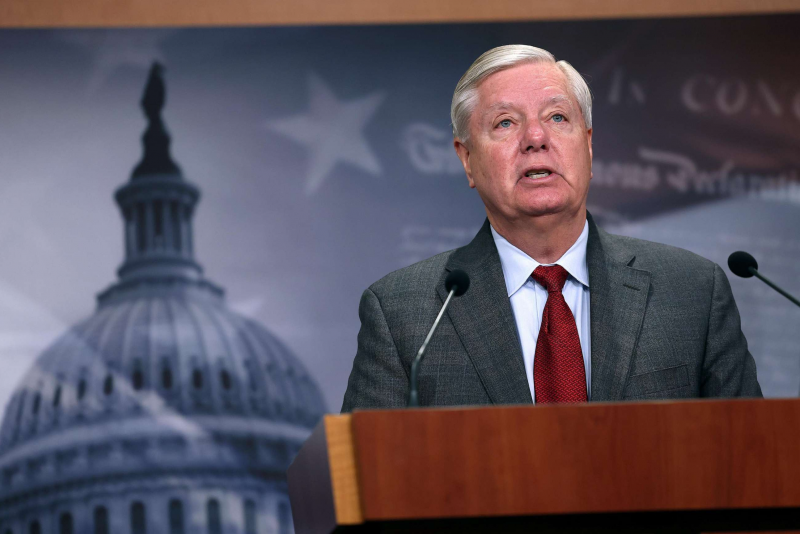
In an interview with CNN, Graham stated, "I don't know what he's talking about," referring to Trump’s plan.
Experts caution that, beyond the moral and legal concerns, the influx of refugees into neighboring Arab countries could destabilize those nations and pose an existential threat to their political stability. They argue that accepting Trump's offer would provoke widespread public outrage, creating an unbearable risk for regional governments.
"If they were to engage in ethnic cleansing of the Palestinians and accept them, that would certainly be very destabilizing for both countries," said Timothy Caldas, deputy director of the Tahrir Institute for Middle East Policy in Washington.
“Second Palestinian Nakba”
Hassan Alhassan, a senior fellow for Middle East policy at the International Institute for Strategic Studies in Bahrain, warned that if Egypt and Jordan were to accept the relocation of Palestinians from Gaza, they would face significant internal opposition. Alhassan cautioned that such a move could be perceived as a “second Palestinian Nakba,” referring to the 1948 exodus when an estimated 700,000 Palestinians fled or were forcibly expelled from their homes during the creation of Israel. These refugees, and their descendants, were denied the right to return, resulting in millions of displaced Palestinians living in neighboring countries without citizenship or the prospect of permanent settlement.
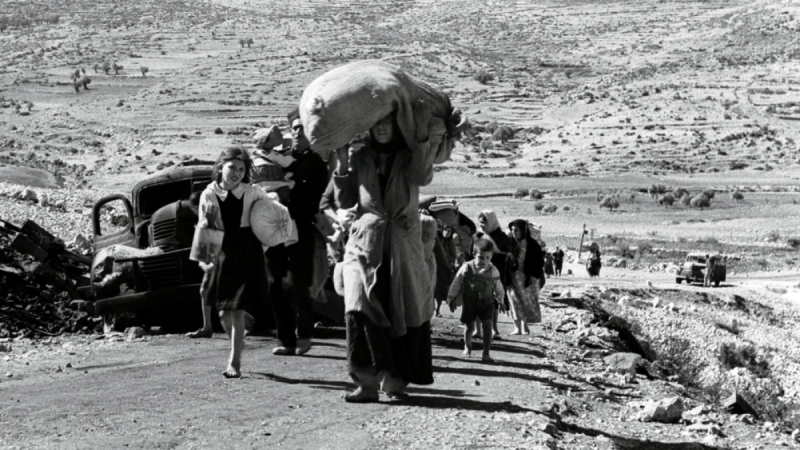
"Given that the Palestinians in Gaza are unlikely to leave voluntarily, forced displacement to Egypt or Jordan poses existential threats to both countries," Alhassan said.
He further explained that for Jordan, which is home to millions of Palestinians, a shift in demographics could threaten the stability of the Hashemite monarchy. Financially, neither Egypt nor Jordan has the capacity to absorb millions of additional refugees, Alhassan added.
Both Egypt and Jordan are long-standing U.S. allies in the Middle East and major recipients of U.S. aid, aligning their regional policies with American interests for decades. As the first Arab nations to sign peace treaties with Israel, they have maintained cordial relations with the state, including security coordination, despite widespread public disapproval.
Jane Kinninmont, a conflict expert at the European Leadership Network think tank and host of the “Disorder” podcast, noted that over time, the influence of Egypt and Jordan in Washington has been overshadowed by Gulf Arab states like Saudi Arabia and the United Arab Emirates.
"What remains to be seen is how far these countries will go in sending a clear message to Washington that mass displacement will not make the conflict go away. It is important for the countries of the region to emphasize that the refugee problem is one of the causes of the current conflict and that turning Palestinians into refugees will not solve it. This goes straight to the heart of the conflict," Kinninmont said.
Security concerns
During the ongoing conflict, both Jordan and Egypt have resisted domestic calls to sever ties with Israel, playing a critical role in mediating between Egypt, Israel, and Hamas. In October 2023, protests erupted in both countries in support of Palestinians in Gaza, with many expressing frustration over their governments' cooperation with Israel.
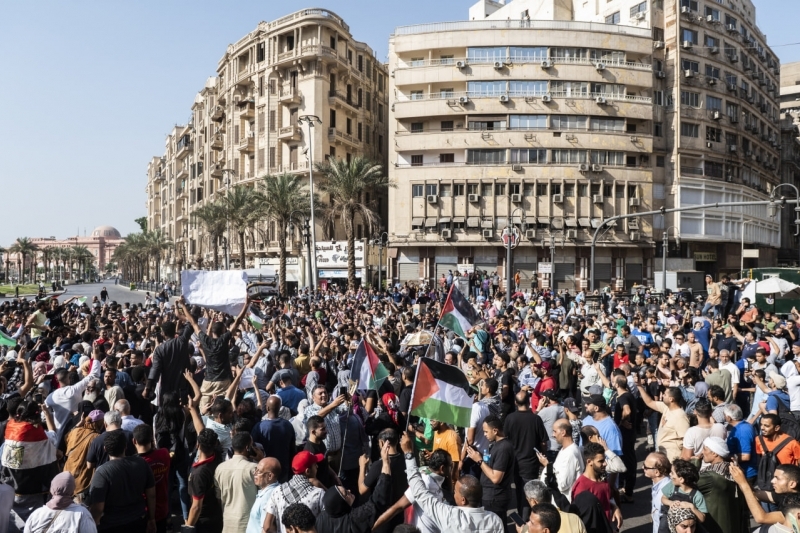
According to Timothy Caldas of the Tahrir Institute, accepting the relocation of Palestinians would carry significant costs for both countries, potentially outweighing the loss of American aid.
Egypt and Jordan already host large numbers of refugees. As of January, the United Nations Refugee Agency reported that Egypt had 877,000 registered refugees and asylum seekers. In May, Palestinian ambassador to Cairo, Diab al-Luh, indicated that nearly 100,000 Gazans had crossed into Egypt since the conflict began.
Jordan, which is home to over 2.39 million Palestinian refugees registered with the UN Relief and Works Agency for Palestine Refugees in the Near East (UNRWA), faces its own demographic challenges.
"Both countries could face security challenges if their territories become a staging ground for attacks against Israel. This could further strain their peace treaty with Israel. Trump is acting on the orders of Israel's far-right extremists by trying to 'cleanse' Gaza of Palestinians. Ironically, Trump's proposal, if implemented, would actually be self-defeating. Instability in Egypt and Jordan would benefit Islamist political forces, particularly the Muslim Brotherhood, who would be less friendly to the United States and more sympathetic to Hamas," said Alhassan.
The war that began in October 2023 has displaced nearly all of Gaza's 2.4 million inhabitants, with at least 47,306 Palestinians—mostly women and children—reported dead.
On January 16, representatives from Israel, the Palestinian Hamas movement, the United States, and Qatar signed an agreement in Doha to release hostages and institute a ceasefire in Gaza. The ceasefire began on January 19, with Hamas releasing the first group of prisoners. Israel, in turn, released 90 Palestinian prisoners. On January 25, 200 Palestinians held in Israeli prisons were exchanged for four Israeli women held in Gaza.
However, as reported by "The Washington Post", Israeli Prime Minister Benjamin Netanyahu has promised his right-wing coalition partners that military operations in Gaza will resume after the first phase of the ceasefire.
Live
All